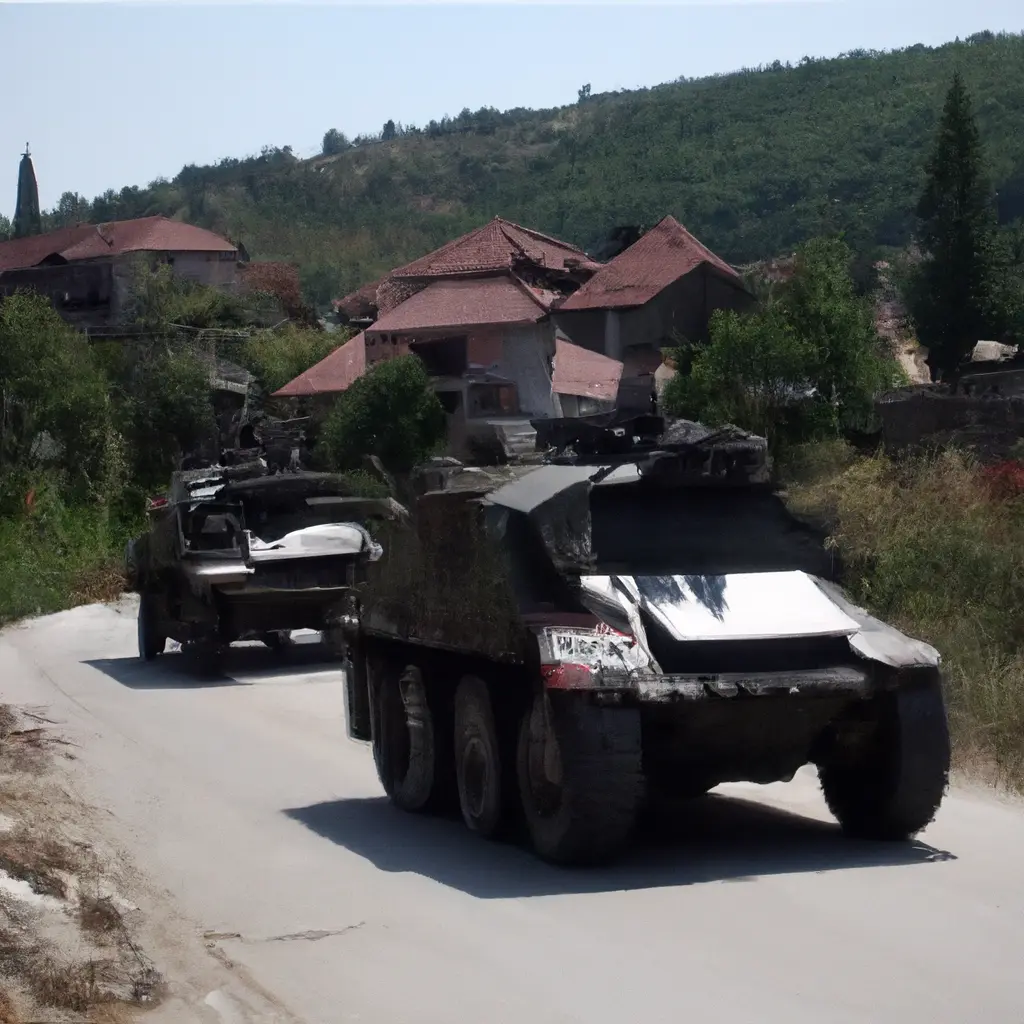Tensions between Kosovo and Serbia: Is a new conflict looming?

The latest incident has renewed tensions between Kosovo and Serbia, raising fears of possible armed conflict in the region. The situation in Kosovo seems to be calming down, but the situation remains unclear to many.
Austrian soldiers serving in the KFOR peacekeeping mission in Kosovo. On September 24, armed Serbian guerrillas attacked a police patrol team near the village of Banjska in northern Kosovo, killing one policeman. As a result of the incident, Belgrade and Pristina hurled mutual accusations. Serbian President Aleksandar Vucic accused the Kosovo government of "terror," while Kosovo Prime Minister Albin Kurti accused Serbia of providing financial and logistical support to criminal groups attacking Kosovo. The White House later expressed concerns about Serbia massing an unprecedented number of troops on the border, Aljazeera reported. This raised additional fears that the situation could turn into a major military conflict. However, those fears were allayed when Vucic announced the withdrawal of some troops from the border after a phone call with US Secretary of State Anthony Blinken.
Controversial businessmanMilan Radoicic plays a key role in this conflict and, in addition to being a businessman, he is a Serb-list politician in northern Kosovo. The former vice president of this Serbian list is said to have been involved in organized crime. Kosovo's Prime Minister Kurti has been trying to be more proactive in recent months in his fight against organized crime. Radojicic has repeatedly tried to justify himself politically. Radojicic is said to have led the aforementioned group of armed Serbs who clashed with Kosovo police in Banjska on September 24, 2023.
Are the tensions just a show-off? The present crisis is only the latest chapter in the tensions that have existed since the Kosovo war in 1999. While the latest incident did not lead to armed conflict, it nevertheless underscores some important realities. First, Belgrade is using the Kosovo issue to divert attention from domestic problems; second, Vucic may lose control over his Serbian allies in northern Kosovo; and third, momentum in Kosovo-Serbia negotiations is diminishing, which could lead to further tensions in the future. Kosovo, a small Balkan state, has faced constant tensions and conflicts since declaring independence in 2008, mainly due to Serbia's opposition to this independence. Given the current tensions in the region, how and when a long-term solution will be found remains an open question.
Comment
Popular Posts
Popular Offers




Subscribe to the newsletter from Hatamatata.com!
Subscribe to the newsletter from Hatamatata.com!
I agree to the processing of personal data and confidentiality rules of Hatamatata











